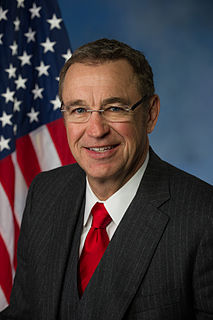A Quote by Donald Trump, Jr.
If you can't handle some of the basic stuff that's become a problem in the workforce today, then you don't belong in the workforce.
Related Quotes
I think the best value to leaders is understanding the generations for the purpose of integrating a younger workforce and transferring knowledge from an experienced workforce. I also think smaller companies may not have the resources for management training or recruiting and therefore there is not a lot of margin for error.
With women composing nearly half the American workforce and increasingly serving as the primary breadwinner for families, we can't afford to treat pregnant women differently than their counterparts, especially when slight job modifications could help them stay in the workforce at no risk to their health.
Long-term economic growth depends mainly on nonmonetary factors such as population growth and workforce participation, the skills and aptitudes of our workforce, the tools at their disposal, and the pace of technological advance. Fiscal and regulatory policies can have important effects on these factors.
Warp speed developments in technology - automation, artificial intelligence, and the arrival of the sharing economy - are transforming how we work. Beyond technology, traditional working patterns are also being disrupted by changes in society, organizations and workforce management, leading to the rise of a more independent and dispersed workforce.


































